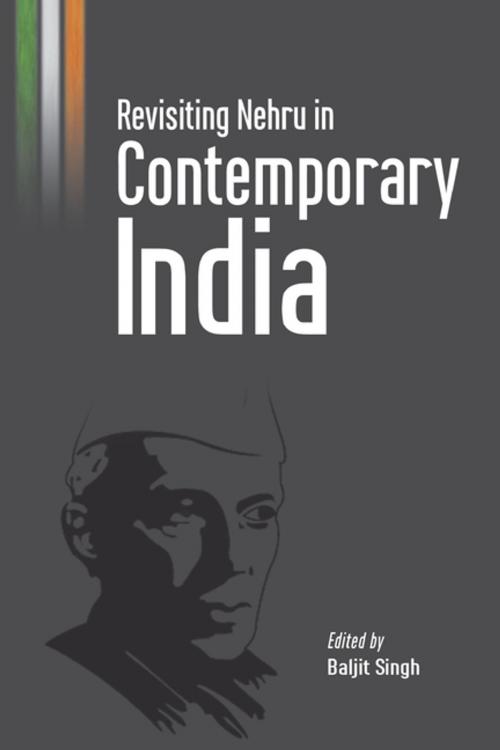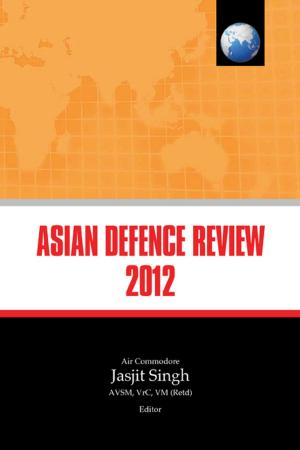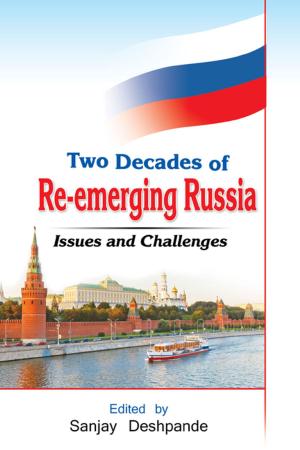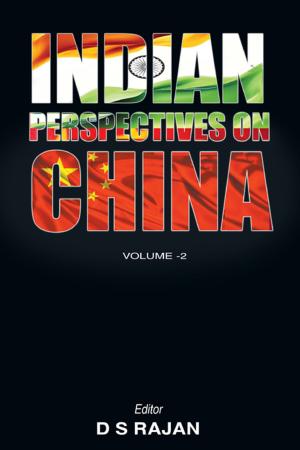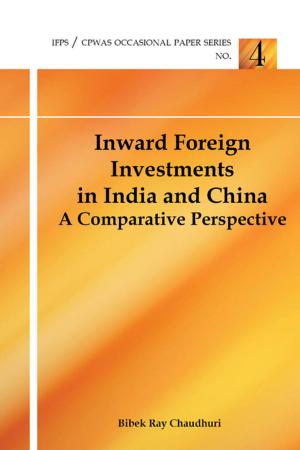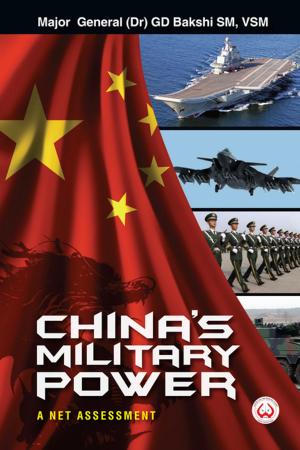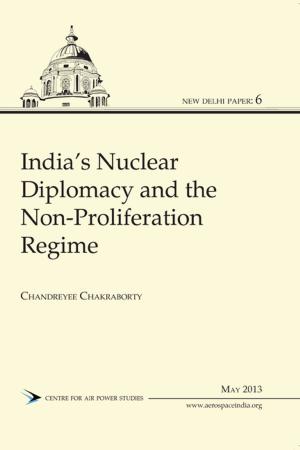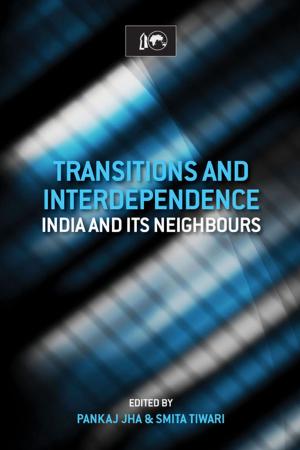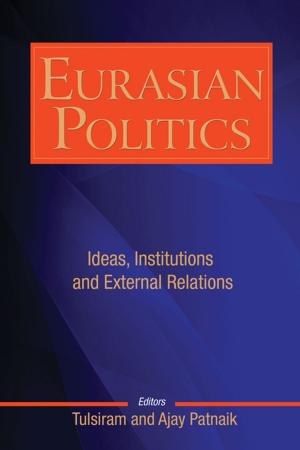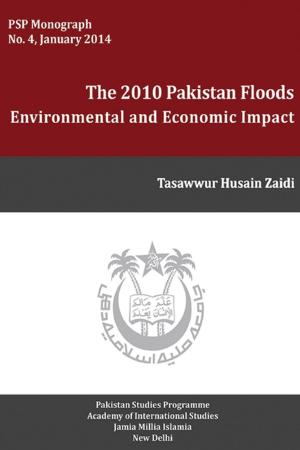| Author: | ISBN: | 9789385714207 | |
| Publisher: | KW Publishers | Publication: | February 15, 2015 |
| Imprint: | KW Publishers | Language: | English |
| Author: | |
| ISBN: | 9789385714207 |
| Publisher: | KW Publishers |
| Publication: | February 15, 2015 |
| Imprint: | KW Publishers |
| Language: | English |
Jawaharlal Nehru being an architect of Indian polity, economy and foreign policy set the ball rolling. However, they have witnessed cataclysmic changes over a period of time. Indian polity has witnessed different waves of reorganisation of states, evolving democracy, spelling out of quasi-federal system and building a more inclusive political nation. Nehru set the agenda of economic development and framed the strategy of development accordingly. Since 1991, the Indian economy has already experienced a shift in its strategy of development from mixed to market friendly economy but it has neither been able to address its economic problems fully nor does the logic of neo-liberal economy match with social democracy as envisaged by Nehru. India’s world view was shaped by Nehru keeping in view internal and external scenarios apart from contemplating the needs and future aspirations of a newly liberated nation. It has already been redefined by his successors in the light of changing times and space, without undermining the basic postulations of India’s foreign policy laid down by Nehru. Nehru is either appreciated for what he has done or blamed for what he could not do or handle properly when he was at the helm of affairs. At times Nehru’s performance has been assessed without locating him in the time and space in which he performed with all the limitations of a newly liberated state. In this volume an attempt has made to have a fair understanding about Nehru by placing him in the context in which he worked and by taking into account the challenges that Post-Colonial India was facing during his time. However, the problems faced by the neo-liberal economy, and the challenges confronting Indian polity and foreign policy have again invoked the relevance of Nehruvian philosophy in contemporary India. The contributors to this volume have analysed the diverse aspects of Nehru’s thinking and the policies that flowed from it to understand their relevance in contemporary Indian, Asian and global context.
Jawaharlal Nehru being an architect of Indian polity, economy and foreign policy set the ball rolling. However, they have witnessed cataclysmic changes over a period of time. Indian polity has witnessed different waves of reorganisation of states, evolving democracy, spelling out of quasi-federal system and building a more inclusive political nation. Nehru set the agenda of economic development and framed the strategy of development accordingly. Since 1991, the Indian economy has already experienced a shift in its strategy of development from mixed to market friendly economy but it has neither been able to address its economic problems fully nor does the logic of neo-liberal economy match with social democracy as envisaged by Nehru. India’s world view was shaped by Nehru keeping in view internal and external scenarios apart from contemplating the needs and future aspirations of a newly liberated nation. It has already been redefined by his successors in the light of changing times and space, without undermining the basic postulations of India’s foreign policy laid down by Nehru. Nehru is either appreciated for what he has done or blamed for what he could not do or handle properly when he was at the helm of affairs. At times Nehru’s performance has been assessed without locating him in the time and space in which he performed with all the limitations of a newly liberated state. In this volume an attempt has made to have a fair understanding about Nehru by placing him in the context in which he worked and by taking into account the challenges that Post-Colonial India was facing during his time. However, the problems faced by the neo-liberal economy, and the challenges confronting Indian polity and foreign policy have again invoked the relevance of Nehruvian philosophy in contemporary India. The contributors to this volume have analysed the diverse aspects of Nehru’s thinking and the policies that flowed from it to understand their relevance in contemporary Indian, Asian and global context.
